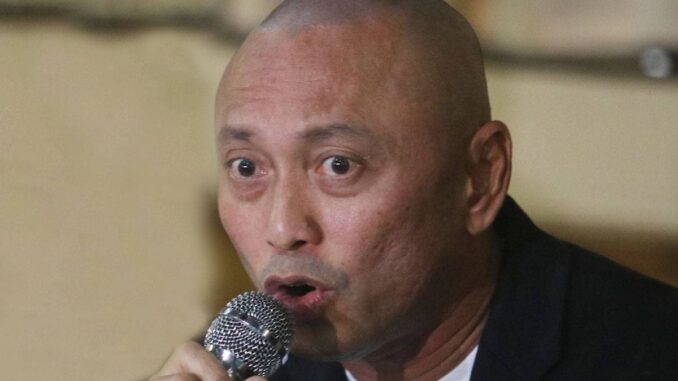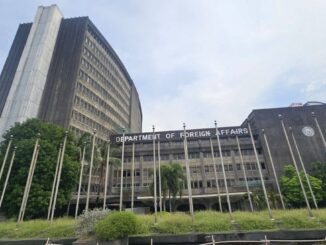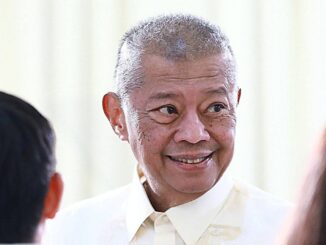
(UPDATE) DEPARTMENT of Justice (DOJ) Secretary Jesus Crispin Remulla said the decision of the Court of Appeals in Timor-Leste to reaffirm the approval of the Philippine government’s request to extradite expelled Negros Oriental congressman Arnolfo Teves Jr. will hasten the process for his return to the Philippines.
Teves, who faces multiple murder charges, will be tried in Manila for alleged involvement in the killing of former Negros Oriental governor Roel Degamo and several of his supporters in March 2023.
Remulla on Friday welcomed the decision of the Timorese court, calling it a crucial step toward accountability and justice for the victims.
Expelled Negros Oriental congressman Arnolfo Teves Jr. File Photo
“We expected no less than this second grant of extradition, which only solidifies the initial decision made by Timor-Leste,” Remulla said.
The court ruled last Dec. 2 in favor of extraditing Teves, ending months of legal debates surrounding the validity and implications of the request.
Teves faces 13 counts of murder, including the assassination of Degamo, 13 counts of frustrated murder and four counts of attempted murder.
Teves fled to East Timor in 2023, claiming political persecution for his opposition to President Ferdinand Marcos Jr.’s administration and his support for an opposition candidate in the 2022 presidential election. He has vehemently denied the charges, calling them politically motivated.
In response to the extradition request, Teves’ legal team raised several objections, including claims of constitutional violations, procedural issues and human rights concerns. Among the objections was the argument that the request was improperly submitted in English, not in one of East Timor’s official languages, Tetum or Portuguese, which they argued violated local legal standards.
The public prosecutor of East Timor has dismissed the objections, affirming that the Philippines had provided sufficient assurances, including guarantees that Teves would not face the death penalty or life imprisonment, and that his extradition would not violate international human rights standards.
The court also rejected Teves’ claims of political persecution and procedural irregularities, ruling that the evidence presented by the Philippines — witness statements and documentation linking Teves to the crimes — was sufficient to establish a prima facie case for extradition.
It emphasized that the charges were unrelated to Teves’ political activities, undermining his argument that he was being targeted for political reasons.
Furthermore, the court found that the allegations against Teves did not constitute political offenses under Timor-Leste’s constitution, which prohibits extradition for political crimes.
The court also addressed the language of the extradition request, ruling that while the original documents were in English, a certified Portuguese translation was provided, meeting legal requirements for international judicial cooperation.
Teves’ legal team plans to appeal the decision, which could prolong his legal battle.
He remains under judicial supervision in Dili, East Timor.





Be the first to comment